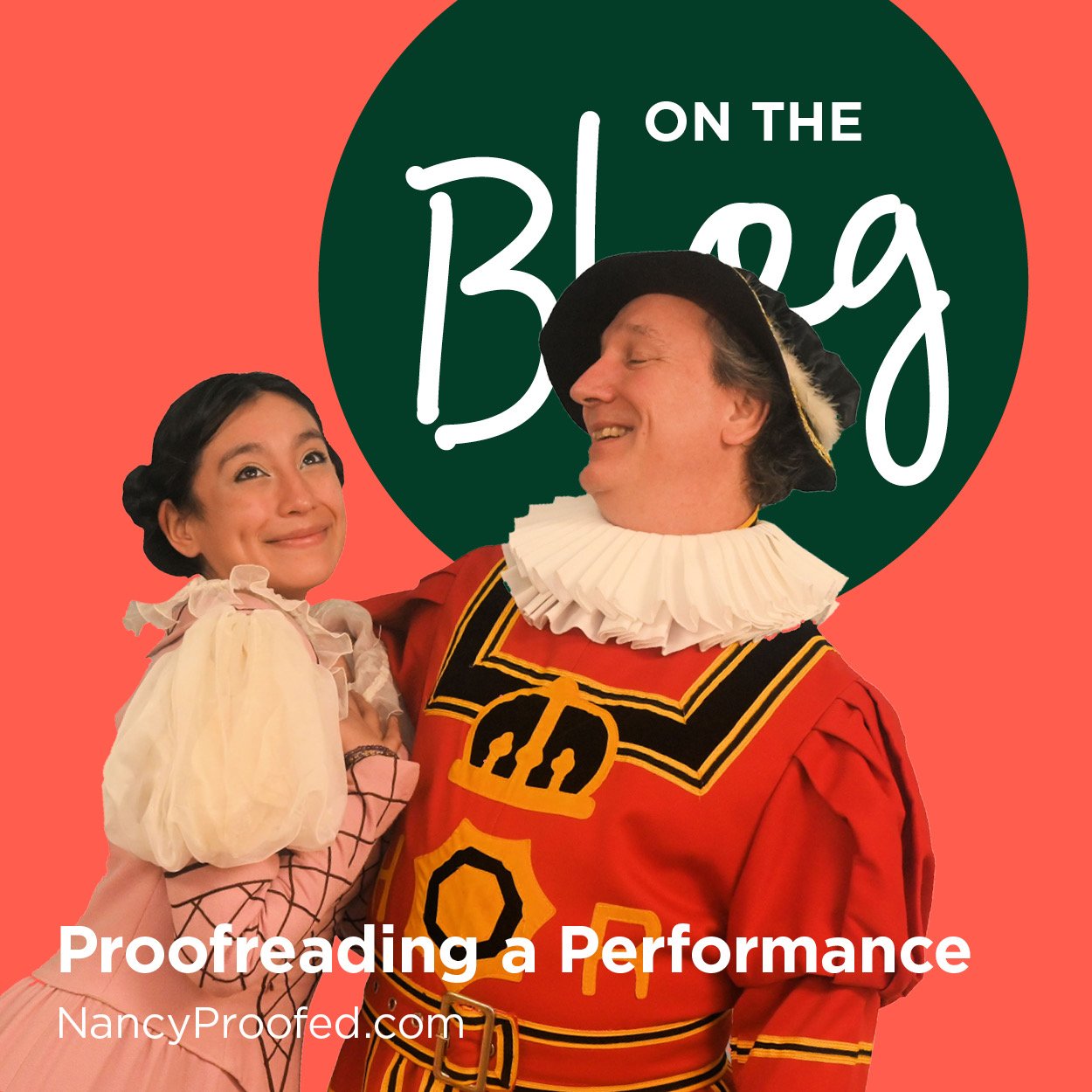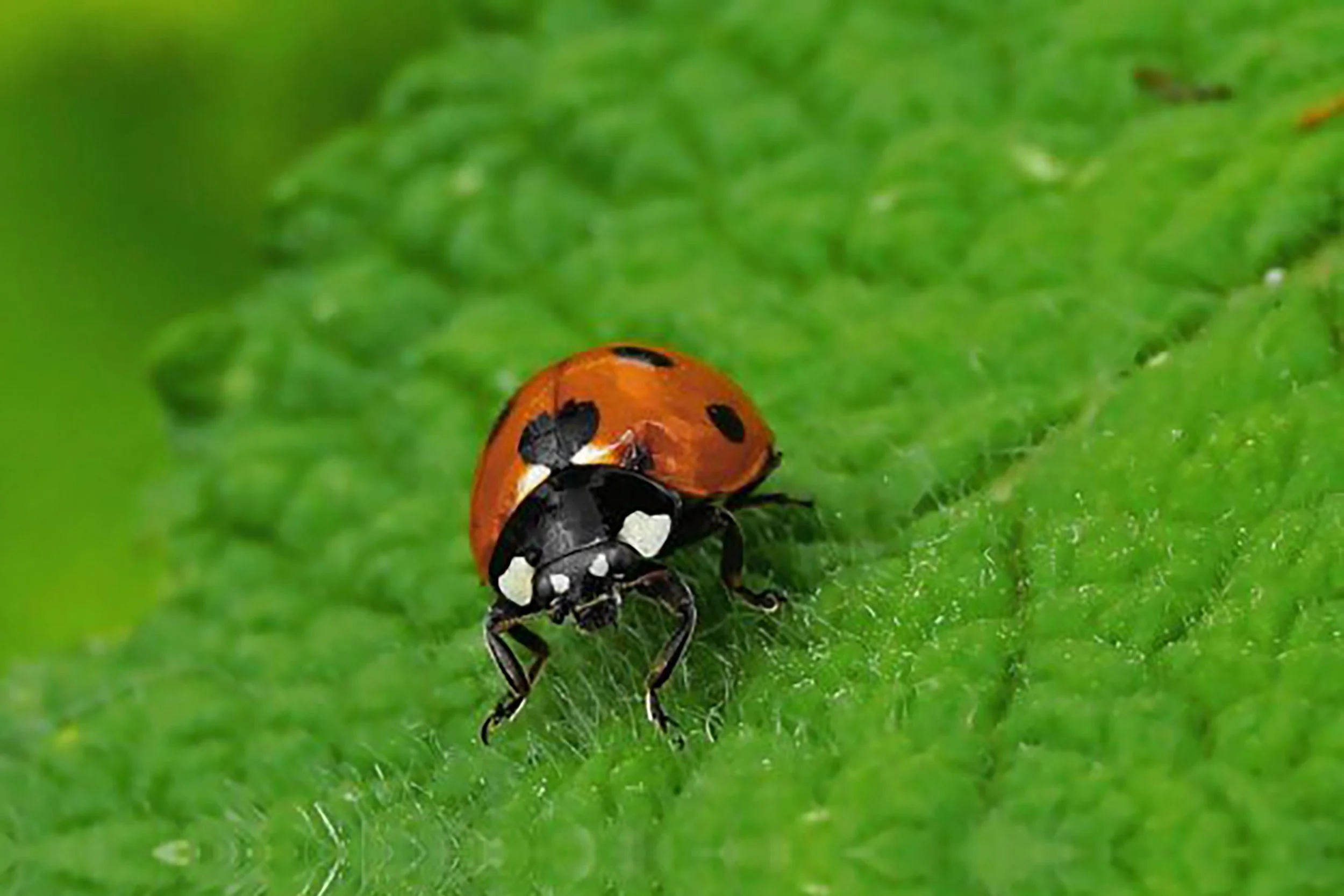
A Passion for Great Writing
Welcome to my Blog!
Here is where I’ll take a playful look at the peculiarities of our beloved English language through a lens of cultural heritage, theatre, film, music, dance, poetry, and literature. Subscribe to my email list to receive notifications of each new post.
Say It in Kiwi and Aussie
During my recent holiday (American version: vacation) in Australia and New Zealand, I collected Aussie and Kiwi words and phrases that might stump an American traveler—or entertain them as they did our party!
British/American English
In one of his early stand-up routines, Steve Martin had one of those “this is so obvious it’s funny” lines about his trip to France: “Those French! They have a different word for EVERYTHING!”
While we Americans speak the same language as the British (English), there are times when vocabulary for everyday things and activities may make it seem more like Steve Martin’s observation.
Holiday Tails. I Mean Tales.
Homonyms are those tricky words that sound alike and are usually spelled differently and always mean different things.
This holiday season, I offer you a gift intended to bring a smile: a favorite holiday poem strewn with homonyms—and apologies to Clement Clarke Moore. Post how many you find on the NancyProofed FB page. There might be a surprise for the one who gets the most write. I mean, rite. No, right.
Writing about Weddings
In Sondheim’s musical Company, the paranoid bride-to-be Amy sings, “A wedding, what’s a wedding? It’s a prehistoric ritual/where everybody promises fidelity forever/Which is maybe the most horrifying word I’ve ever heard…” Perhaps she overthinks things a touch.
After many conversations at recent weddings, it occurred to me that clarification around the vocabulary of the union of hearts and hands and souls might come in handy for writers as well as those planning upcoming nuptials.
Puffins, Pufflings, and Collective Nouns
Photo credit: J. Small
In Maine, we took a puffin tour. You know, those cute little black birds with the rainbow beaks that fly like bumblebees? Puffins are very social birds, and they float on the sea in groups called “rafts.” We also saw large numbers of gulls, cormorants, common terns, and black guillemots. Learning the word rafts for a group of floating puffins made me curious about collective nouns—nouns that refer to groups—for other things, especially the other birds spotted on our tour, which our self-professed “bird nerds” joyfully shared.
Giving, Serving, Drippin’
Lots of newfangled language, a.k.a. “slang,” has popped up recently in my world, onstage, backstage, and offstage. New words and slang are fun to explore, and I continue to rigorously adhere to the scientific rule for research: consult young people.
Brains and Proofreading
Most of us graduated from middle school, the last bastion of the weekly spelling quiz. (I said most.) So how come we still spell simple words incorrectly when we type emails and texts?
Simple answer: our brains.
Antiquated Language
During auditions for Gilbert & Sullivan’s Gondoliers, one of the stalwarts of the organization, a septuagenarian, announced, “I’m auditioning for Giuseppe.” The music director and I exchanged looks, and I said, “You know the character Giuseppe is 23, right?” Unflinching, he responded, “Wait till you hear me sing.”
While the elder gentleman did not work out for the character, he has lent that spectacular voice to our ensemble and has been an invaluable cast member. As a bonus, he and several others bring years of experience with Gilbert & Sullivan, and with that comes expertise in the archaic language of the show.
Yeah, No.
Recently, I directed Puffs by Matt Cox for a local theatre. It’s a parody of a certain school of wizarding and magic told from the point of view of the Puffs, the house lowest on the school’s totem pole. The character Megan, the anti-Puff Puff (played brilliantly by Sally Rose Zuckert), used a quirky phrase in one of her scenes with the stalwart character Oliver (played with equal brilliance by Timothy Huber), and it stood out because I’m hearing it more and more often in regular conversation: “Yeah, no.”
TV Yule Log
Several years ago, one teacher at my school in D.C. led a raucous laugh session. “Have you seen this? It’s a video of a log burning in a fireplace. A log. Burning. In a fireplace. Oh, and there’s Christmas music. I mean, nothing happens. It’s just a LOG!”
For those who wonder about a televised burning log set to Christmas music, here’s the heartwarming (but not hand-warming) story.
Words on the Chopping Block
‘Tis the season for ghouls, warlocks, incessant reruns of Hocus Pocus, and all things creepy. Being a born-near-Halloween baby, I usually do not subscribe to the blood and gore some people savor during this time. I prefer clever costumes, candy, and parties, but shun the death and evil stuff. However, in this blog post, I’ll “screw my courage to the sticking place” and do my best to swing a metaphorical axe with a diabolical discussion of elision.
Mwah ha ha!
Worn-Out Words
Words that were once selectively used and reserved for special occasions often find their way into daily use, diluting their power. This overuse makes extraordinary words mundane. It’s like that line spoken by the villain Syndrome in Disney’s animated film The Incredibles: “And when everyone’s super, no one will be.”
Coulda, Shoulda, Woulda
We Americans are word mushers. In our drive to expedite everything, we shorten words, eliminate letters, substitute words, and create new ones.
Examples abound, but none so prolific as the ways we mess with could have, should have, and would have.
Order Up! Adjectives
A friend described a presentation they saw while visiting their grandmother in a nursing home. “They filled the stage with singing, fit, purple-clad, 15 or so, unbelievably talented seniors, belting their hearts out. Wait. That doesn’t sound right.” And they were right: it didn’t. Why? Not because the senior choir was off key (they weren’t) or forgot their lyrics (they didn’t), but because the adjectives in the sentence were in the wrong order.
Yes, Virginia, there is an adjective order, even when talking about singing senior citizens.
Proofreading a Performance
Gloria said, “He was like, ‘Okay,’ and I was like, ‘Woah,’ and my mom was like, ‘What?’ and my dad was like, ‘Wait!’ Y’know?”
No. I’m not talking about that “like” (she wrote, shaking it out of her head). Using the word like to create a simile.
In this simile, my vocation, the writing process, is like my avocation, directing musical theatre.
Cousins: The Magic Word
“Cousins” is a magical word in our house, and we don’t worry too much about how the cousinship came to be. However, when writing about cousins, it can be very helpful to explain how your characters or subjects are related. But it ain’t always easy!
Titles, My Book, and Mom
My book, Teaching Improv Skills: Stories, Games, and Tips to Develop Skills for Improvisational Comedy Troupes, is now out on Amazon. Some say writing a book is one of the most difficult things one can do. In my experience, it’s not the writing of the book—it’s the titling!
Tricky Theatre Words
Being in that costume closet reminded me of another time when a label on a storage box caught my eye: HANGARS. I remember muttering, “Talented pilots. Small planes.” The proofreader in me wanted to grab a red pen and write HANGERS, but the director in me returned to the task at hand.
Bugs and Blondes
s is wont to happen in New England in the fall, our yellow, sun-smiled-upon home is currently covered in ladybugs. If we sit down on our tiny front porch for even a second, the little rascals land on any part of our body that is convenient for them. We keep our legs crossed.





















